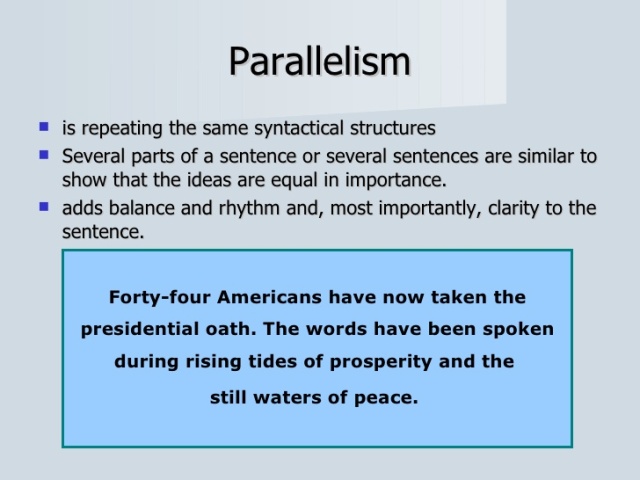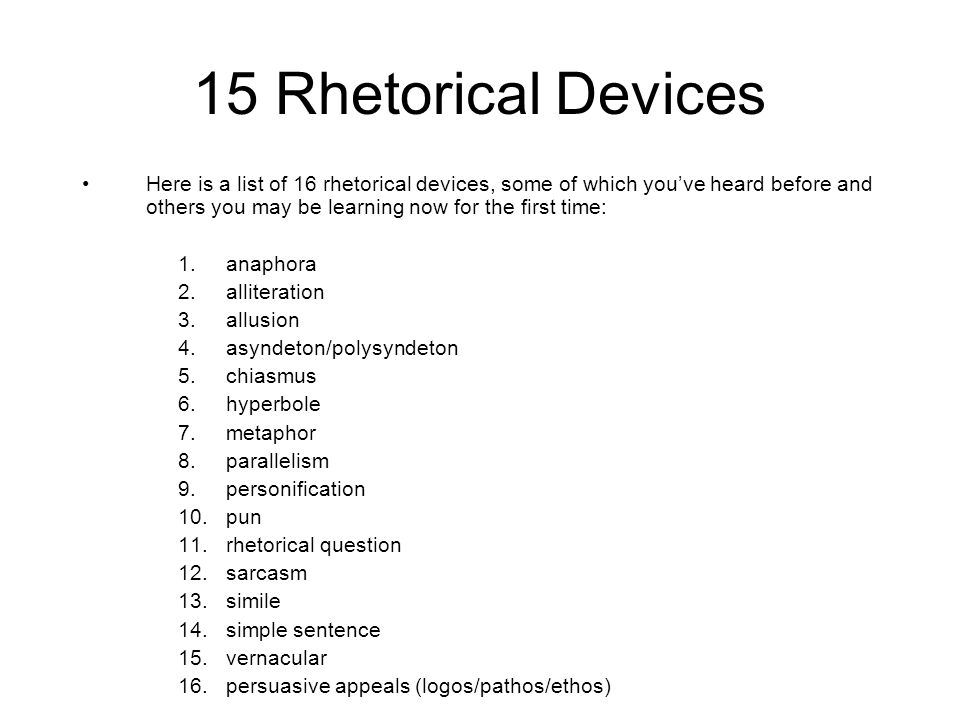Rhetorical choices refer to the various options and decisions that a speaker or writer makes when constructing a message in order to effectively communicate with their audience. These choices can include the use of language, tone, style, structure, and persuasive techniques, as well as the selection of specific words and phrases.
One important rhetorical choice is the selection of language. The words that a speaker or writer uses can significantly impact the way their message is received by their audience. For example, using jargon or technical language may be appropriate in certain situations, but it can also alienate some listeners or readers who are unfamiliar with the terms being used. On the other hand, using more casual or colloquial language may make the message more relatable and approachable, but it can also diminish the credibility of the speaker or writer.
Another important rhetorical choice is the use of tone. The tone of a message can convey the speaker or writer's attitude, emotion, or perspective towards the topic being discussed. A sarcastic or humorous tone may be effective in engaging an audience, but it can also offend or alienate some listeners. A more serious or formal tone may convey a sense of authority or credibility, but it can also come across as boring or impersonal.
Style is another important rhetorical choice. The style of a message refers to the way that it is written or delivered, including the use of figurative language, rhetorical devices, and sentence structure. The style of a message can greatly affect its impact on the audience. For example, using vivid imagery or rhetorical questions can engage the reader or listener and make the message more memorable, while using a repetitive or monotonous style can bore or frustrate the audience.
The structure of a message is another rhetorical choice that can greatly impact its effectiveness. The structure of a message refers to the way that it is organized and arranged, including the use of paragraphs, transitions, and headings. A well-structured message can be easier to follow and understand, while a poorly structured message can be confusing or difficult to follow.
Finally, persuasive techniques are another important rhetorical choice that can be used to influence an audience. These techniques include appeals to logic, emotion, credibility, and authority, as well as the use of rhetorical devices such as repetition, rhetorical questions, and emotional appeals. The use of persuasive techniques can be effective in convincing an audience to take a certain action or adopt a particular viewpoint, but they can also be manipulative or unethical if used improperly.
In conclusion, rhetorical choices are the various options and decisions that a speaker or writer makes when constructing a message in order to effectively communicate with their audience. These choices can include the use of language, tone, style, structure, and persuasive techniques, and they play a critical role in the effectiveness of a message.








